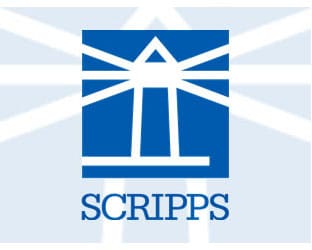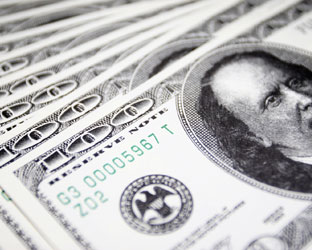At 4:02pm Eastern on Sunday, as some were enjoying a relaxing long holiday weekend and a happy break from work obligations, The E.W. Scripps Co. and Dish Network finally got a little bit of celebration of their own.
A five-week impasse that led the broadcast TV stations owned by Scripps to be blocked from Dish subscribers had finally come to an end.
With little fanfare, Scripps issued a statement stating on Sunday afternoon (9/6), Scripps’ 60 TV stations “are restored” for Dish subscribers.
In a statement, Scripps said, “We apologize for the disruption in service our viewers experienced and thank them for their loyalty and patience through this period.”
Local TV stations in markets ranging from New York to San Luis Obispo, Calif., were blocked from reaching Dish consumers. And, in late July, Scripps was quite clear in its assessment of which party is to blame for the loss of signal to Dish subscribers.
“DISH’s refusal to negotiate to a fair agreement is preventing its customers from accessing pressing news during a global pandemic, a period of social unrest, an active political year and severe weather season for many parts of our country,” said Brian Lawlor, Scripps’ President of Local Media, adding that “reasonable terms for both parties” was the broadcast media company’s chief objective.
Lawlor further noted that the impasse between Scripps and Dish, “after five months of discussions,” was not about the rates DISH pays the owner of such stations as WMAR-2 in Baltimore, WCPO-9 in Cincinnati, WXYZ-7 in Detroit, WKBW-7 in Buffalo and KGTV-10 in San Diego. Rather, it was Dish’s inability to agree on “other distribution terms.”
What those terms were was not elaborated on by Lawlor. But, Scripps did note that the blocking of its stations to a pay TV distributor is a historic first: its stations have “never gone dark” since the company launched its first station, in Cleveland, in 1947.
A full roster of Scripps’ TV stations appears here.
Dish claimed that Scripps did not respond to its offers to keep its channels available to its subscribers as a tactic designed to gain “negotiation leverage,” Engadget reports. And, Dish said Scripps rejected a plan to match the rates it has negotiated with other MVPDs.





